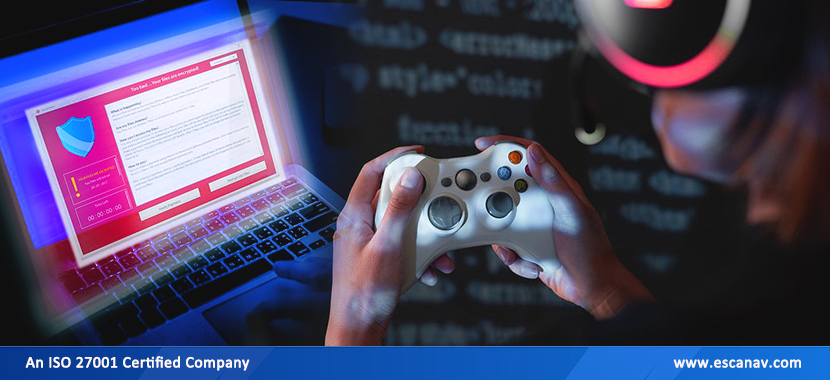As a result of the lockdown, people have been forced to stay indoors and discover new methods to be occupied, hence, the video game industry is at an all-time high. Despite the fact that things are again returning to normal, the gaming sector is expected to continue to develop. However, as gaming-related attacks have increased, this rapid growth raises concerns about user security.
Statistics
Between July 2020 and June 2021, researchers uncovered these statistics.
- Around 303,827 individuals were infected with gaming-related malware and other adware, and 69,224 files were distributed under the guise of 24 of the most popular PC games.
- At the onset of the pandemic, the number of impacted mobile users increased by 185 percent, and it has only fallen by 10% since then.
- Minecraft, PUBG, Fortnite, The Sims 4, and Grand Theft Auto V are the most pirated PC games.
Additionally…
While we’re on the subject of gaming sector cyber threats, we should also discuss digital fraud. The focus of digital fraud has shifted away from businesses and customers and toward gaming and tourism.
- Digital fraud attempts increased by 393% in the worldwide gaming sector in 2020.
- Digital fraud efforts against the video game business increased by 261.9% alone.
- In a TransUnion poll performed in Q2 2021, 36 percent of consumers said they have been the target of at least one digital fraud attempt.
This matters because –
Threat actors have managed to remain undetected while luring individuals into handing over their personal information by adopting the party philosophy of gaming competitions and internet rush. While the majority of threats distributed to targets are unwelcome apps, a small percentage of them are infected with stealthy malware variants. Furthermore, fraudsters spend money to promote their malicious landing pages, which can even appear at the top of search engine results.
As threat actors continue to target gamers, gaming companies must ensure that their customers are safe. Individuals should protect their data by implementing 2FA, using strong passwords, and downloading games from official app stores, as cybersecurity is not just dependent on corporations.
To read more, please check eScan Blog







